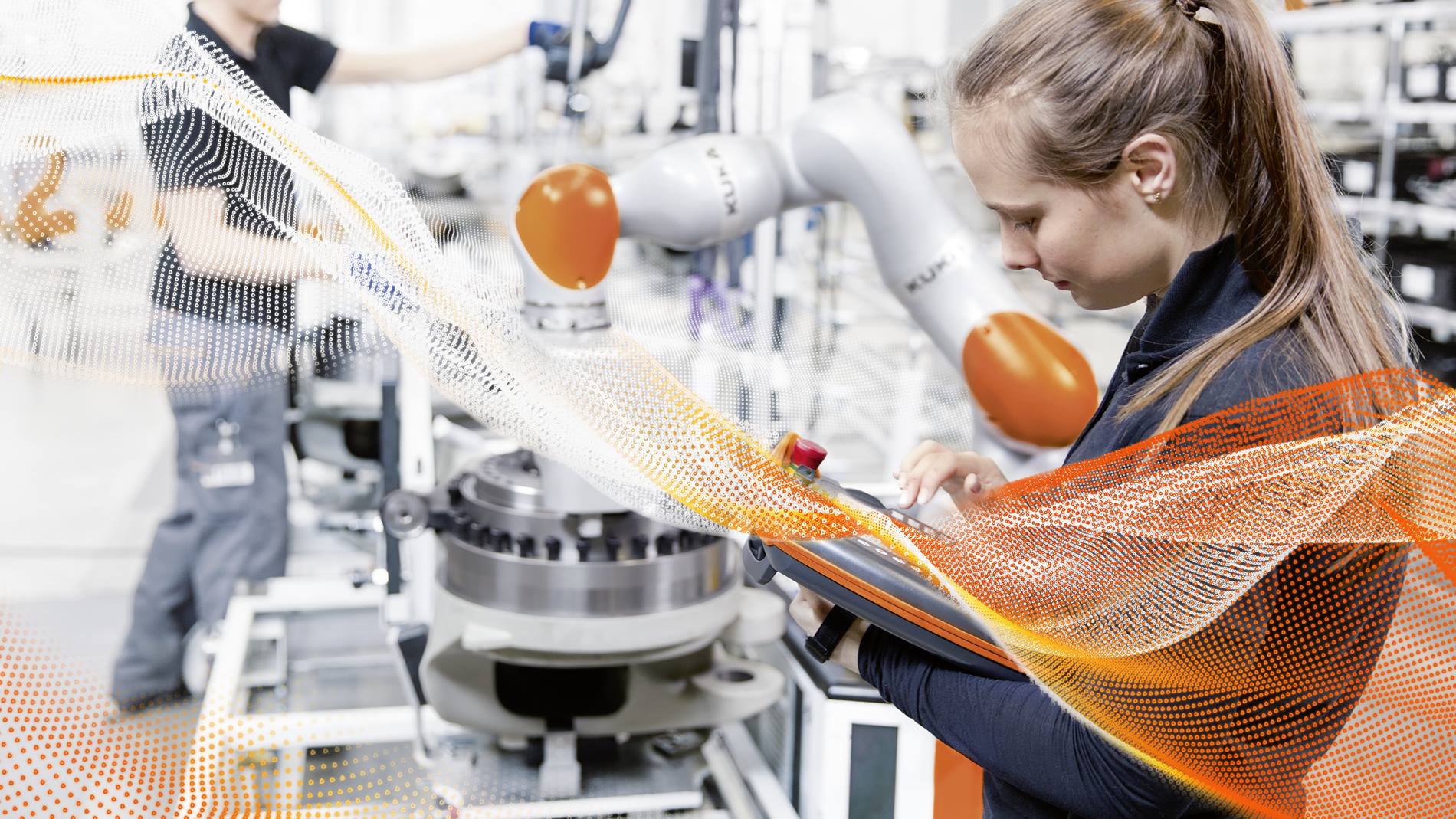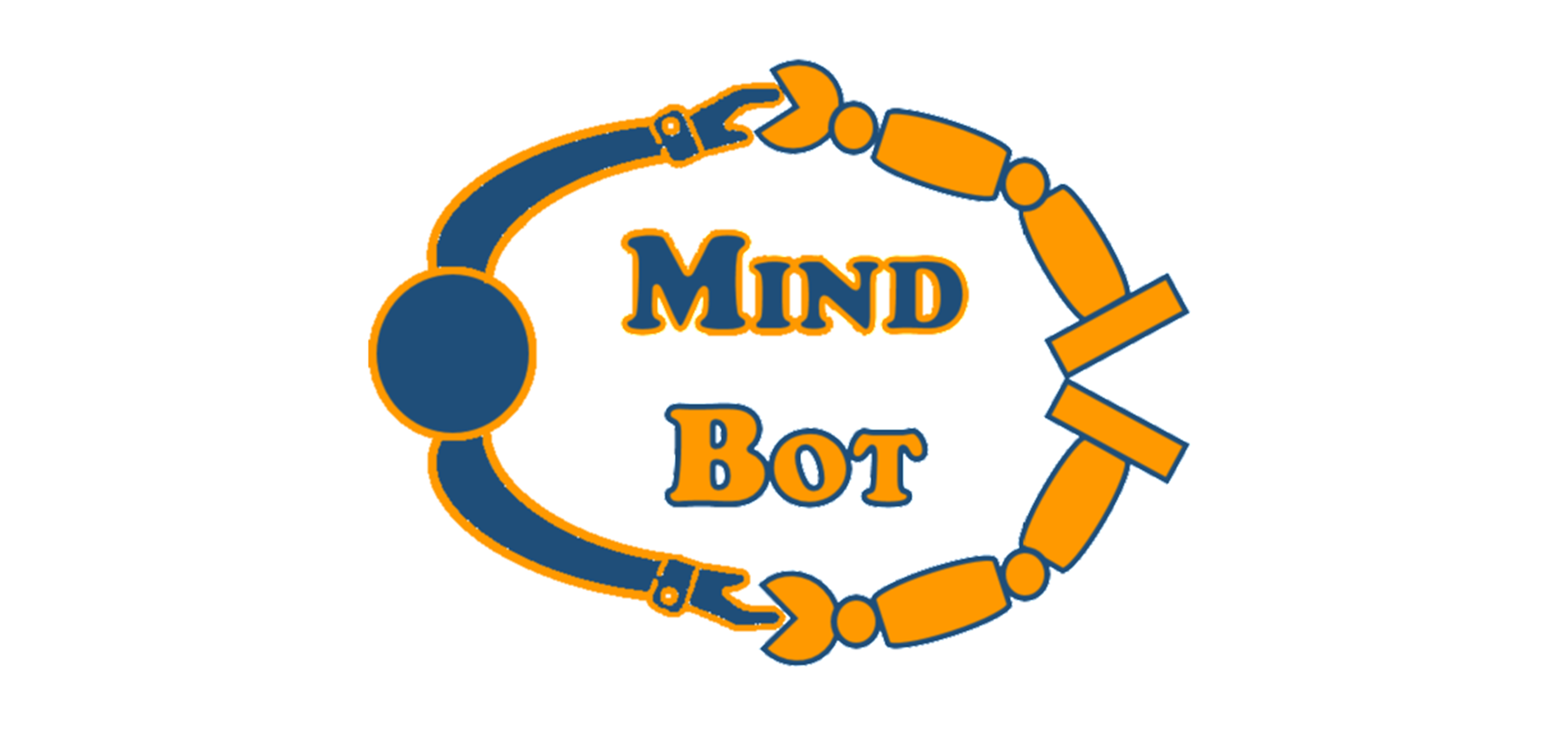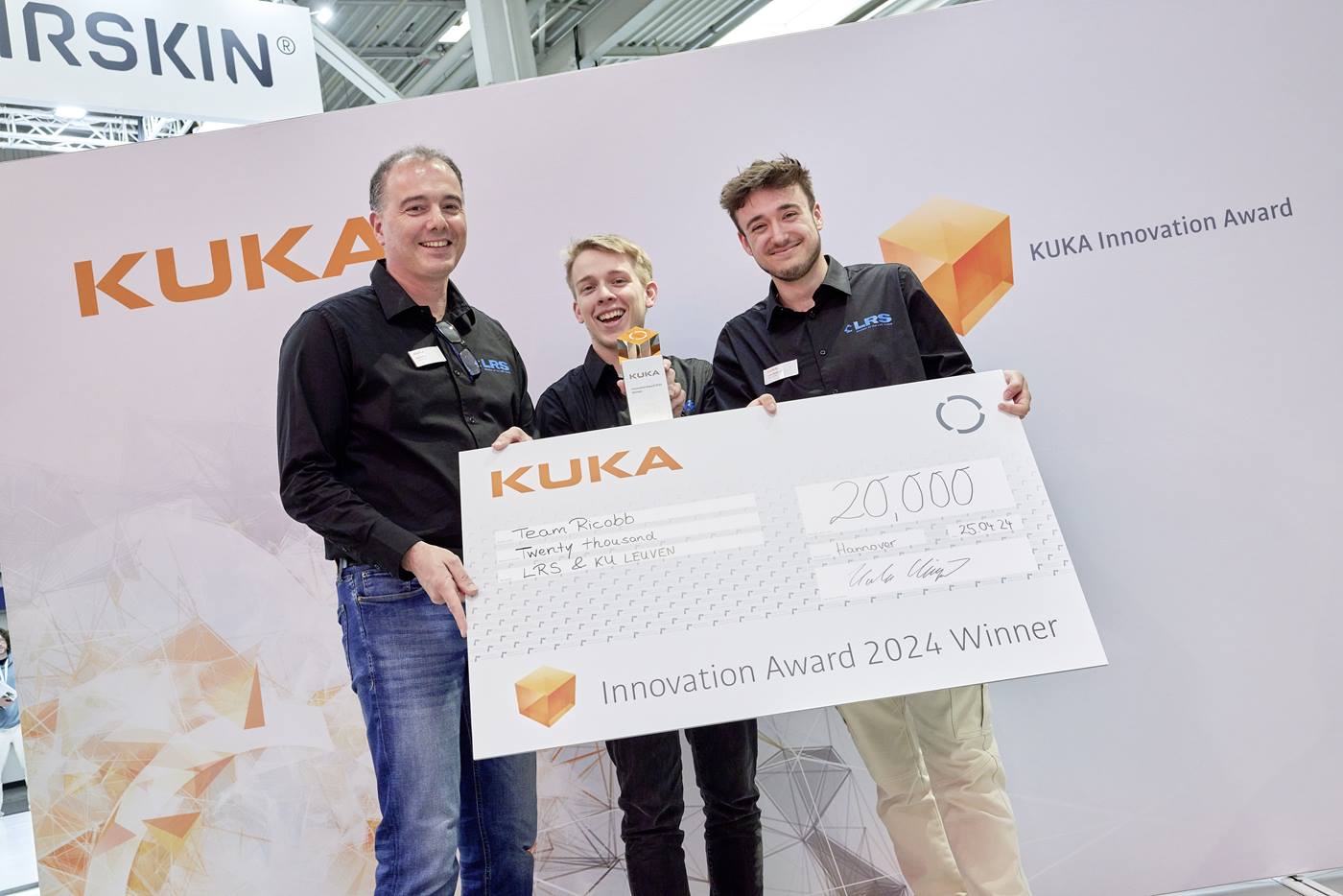
Not without my Robbie!
Can cobots make workers happier? This is one of the questions being investigated by the MindBot project. Together with partners from research and industry, KUKA is looking at people and their mental health.

The future of work
This example is one of many that show how cobots support the future of work. Even more: they can have a positive impact on the well-being of employees. "Artificial intelligence and Industry 4.0 technology is becoming a bigger and bigger topic," says Meike Groh, Disability Manager at Ford. "However, the focus is not always on the interaction between humans and machines. That's exactly what makes MindBot so interesting for us. "
The research will also involve individuals affected by autism spectrum disorder as project consultants: They make an important contribution to understanding how to better utilize their workforce in Industry 4.0 when working together with new robotic technologies.
Healthier together

Experience with the cobot
Even that is not all. The project will also produce guidelines for the design of production environments and for a "mental-health-friendly" cobot. Initial results from interviews show that workers view the cobot as a supporter. By sharing tasks, users report time, mental and physical relief. Negative experiences? There are some. They are largely related to errors that cause the cobot to stop working. "So there is an opportunity here," says Nadine Reißner, KUKA Senior Analyst of Social Impact of Robotics. "By improving human-robot interaction specifically when errors occur, negative reactions can be reduced, further optimizing collaboration. "
Ford has found the cooperation with KUKA to be consistently positive: "There were always prompt answers, comprehensible and binding," reports Meike Groh. "Our contact persons were helpful at all times. This is – in addition to the application potential – also a reason why we would now like to support phase 3 of the project." In the final, third phase of MindBot, KUKA will use a specially developed avatar. It will test how this further improves the interaction between cobot and human.










